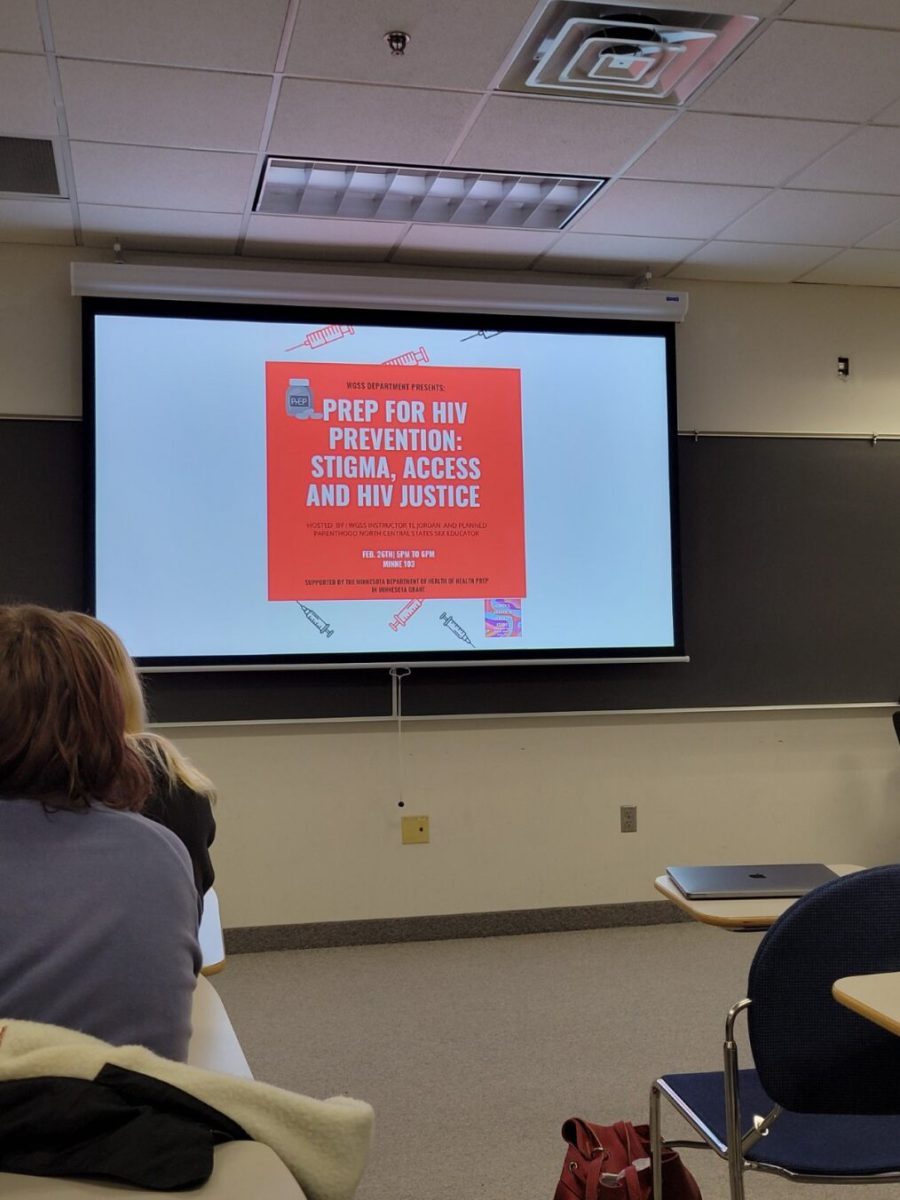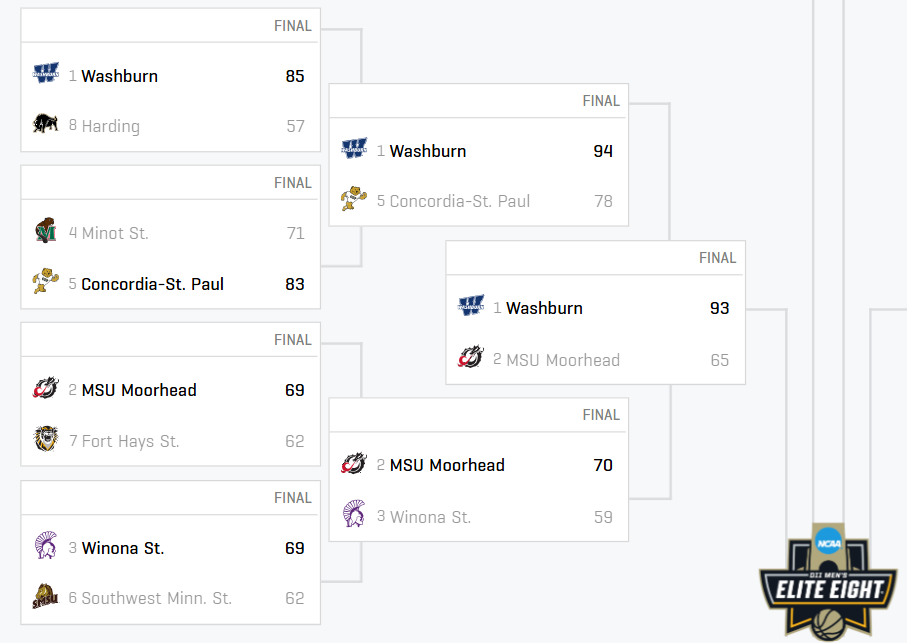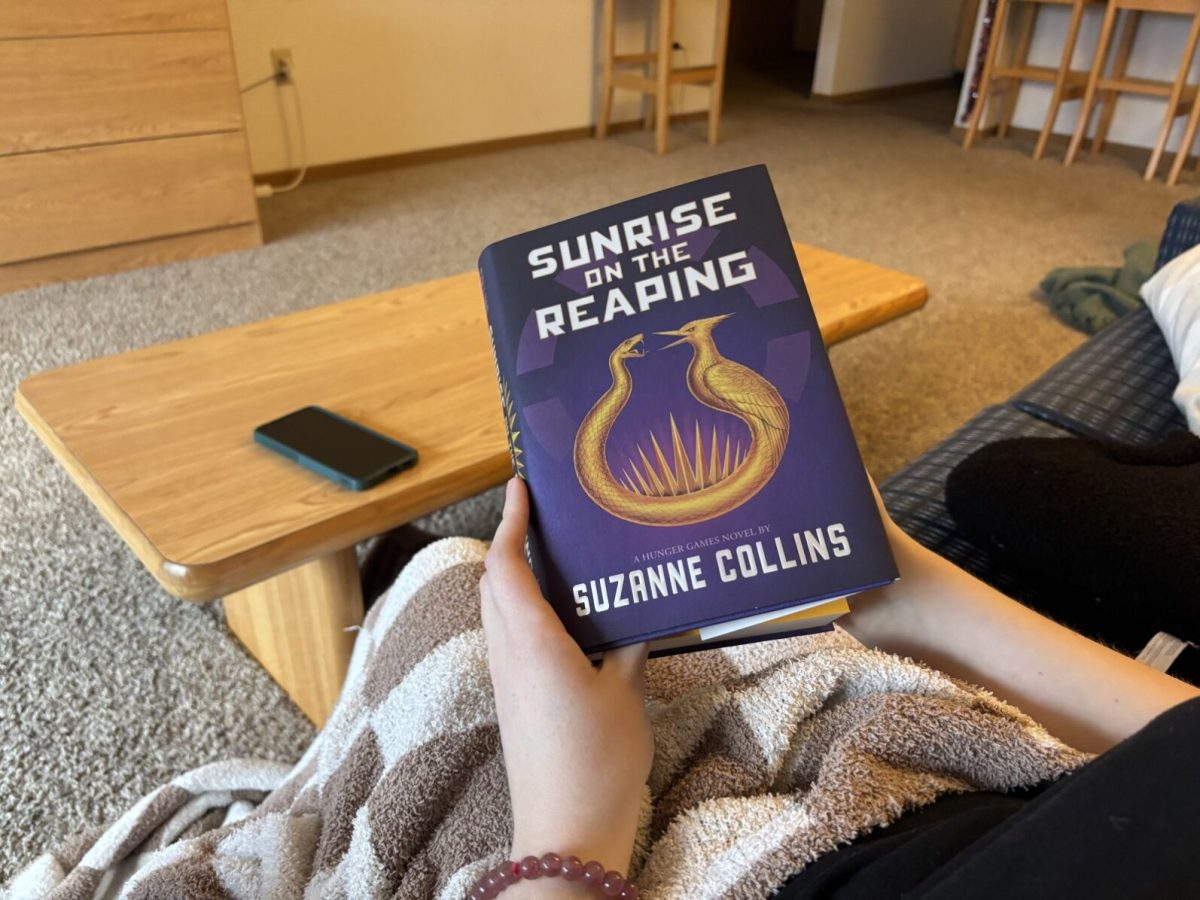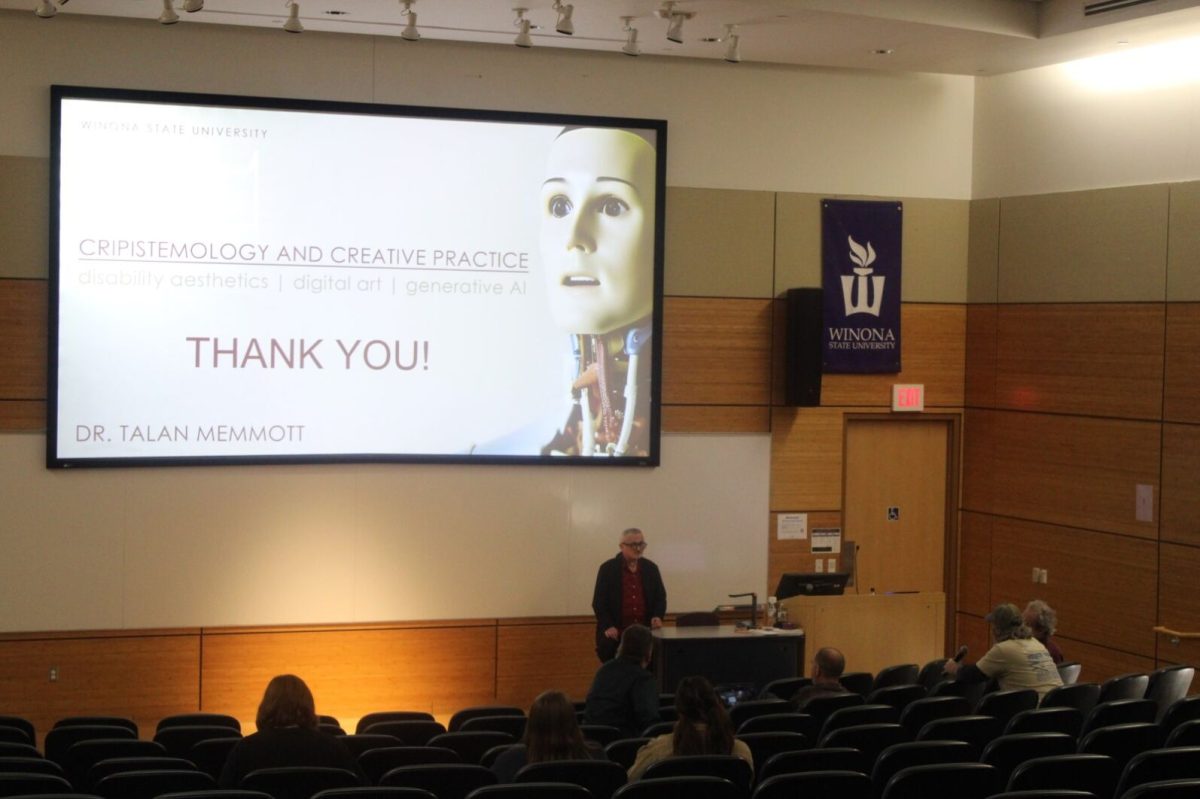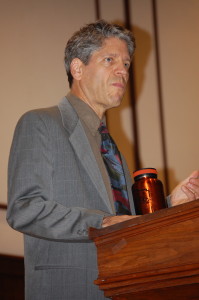
ANDREA BAUTCH
Molly O’Connor/Winonan
Author Paul Loeb wanted to find out why people, especially students, tend to avoid taking stands on what is truly important.
Loeb is an expert on civic activism and citizen responsibility, presented his thoughts on the subject at the Lyceum Series at 7 p.m last Tuesday. In his presentation, Loeb explained why activism is important and how someone can get involved.
“Essentially what I do is I look at how ordinary citizens take a stand. I mean, how do you make a decision?” Loeb said. “How do we as human beings in this time rise to the challenge, acting upon what needs to be acted upon?”
Loeb, who has written for various publications including the New York Times, Washington Post, USA Today, as well as his five praised books on the topic of activism, also drew on his personal experiences.
As a student in high school, Loeb became involved in the protests against the Vietnam War.
“It was when a lot of people were starting to get involved,” Loeb said. Loeb said that the people surrounding him in his life were, in many ways, responsible for his inspiration in getting involved in activism.
“I also had a social studies teacher who was really outspoken, and that helped,” Loeb said. “I also had a rabbi who was very outspoken and took a lot of risks. He was really important to me… and I’ve been involved all this time, and I’m speaking and writing about it as well.”
Preceding the official Lyceum presentation in the evening, Loeb held a smaller workshop earlier Tuesday afternoon for faculty and students. It was a chance for a more intimate discussion on what students thought on the subject of activism, and what makes students so fearful of taking part.
Loeb thought that students are enveloped in fear and uncertainty. “I think there’s fear of judgment by their peers or anybody else,” Loeb said.
He described the concept of the “perfect standard.” People, Loeb said, are unsure of themselves and do not know enough to speak out or aren’t the “perfect” representative to speak out.
“Ultimately, there’s the fear that it won’t matter,” Loeb said.
Members of Loeb’s audience were familiar with that fear. Throughout the workshop, students said that they opted out of participating in the 2012 presidential election. Why? The fear of voting for the wrong person due to a lack of knowledge on the subject was too overwhelming.
Nikki Erickson, a junior at Winona State University who attended the Lyceum presentation in Somsen, related to Loeb’s theory of the “perfect standard.”
“Fear has everything to do with it. I think, especially in today’s society, no one wants to stick their neck out too far,” Erickson said.
“There’s this fear that people will fail and that their opinions won’t matter. But there’s the realization that those who act out can see result, yet at the same time it is a process … I think people shouldn’t get discouraged when the changes don’t occur right away.”
During the Lyceum, Loeb discussed the importance of determination and carrying on with what is right. Loeb’s historical example of persistence for activism was that of the famous Rosa Parks.
“Essentially what people think is that there’s this woman who steps out of nowhere, almost randomly and insists on change. What people don’t know is that she was a part of a social movement. She was the secretary of the NAACP in Montgomery, Alabama.”
Loeb brought to light how powerful perseverance can be.
“It was twelve years since her NAACP training to her stand on the bus. It’s all about persistence.”
Contact Molly at MOConnor10@winona.edu



